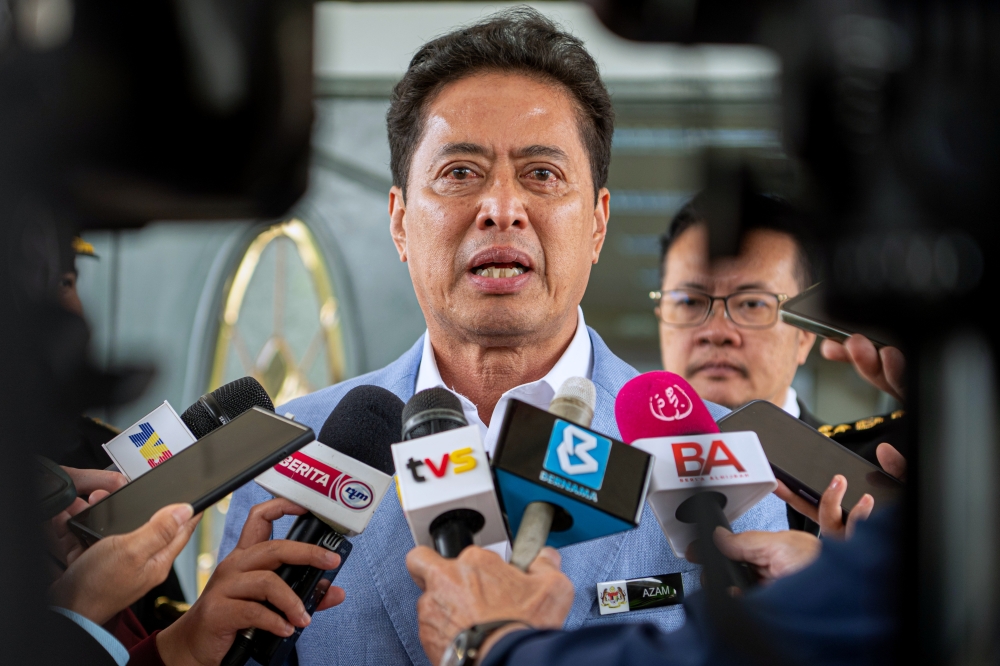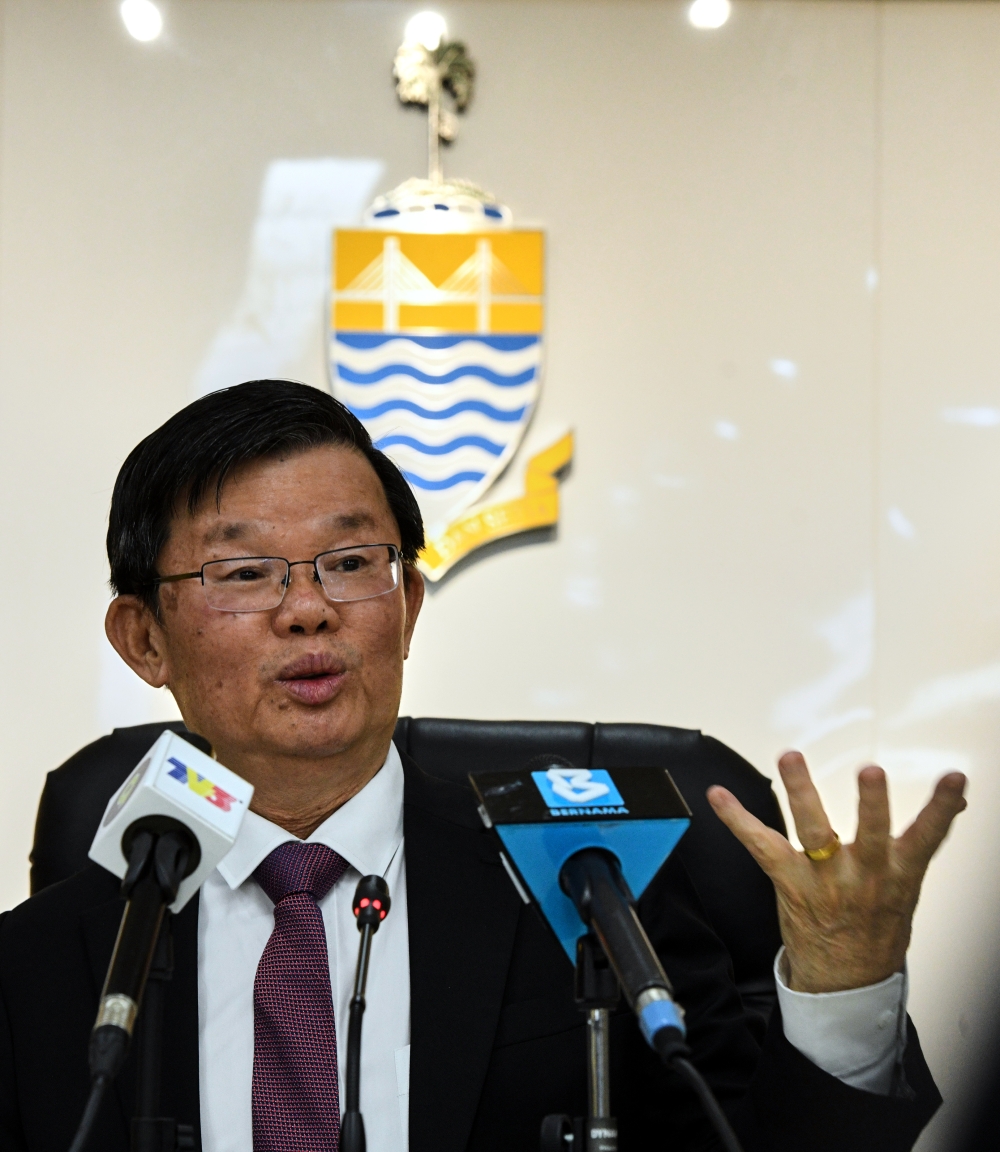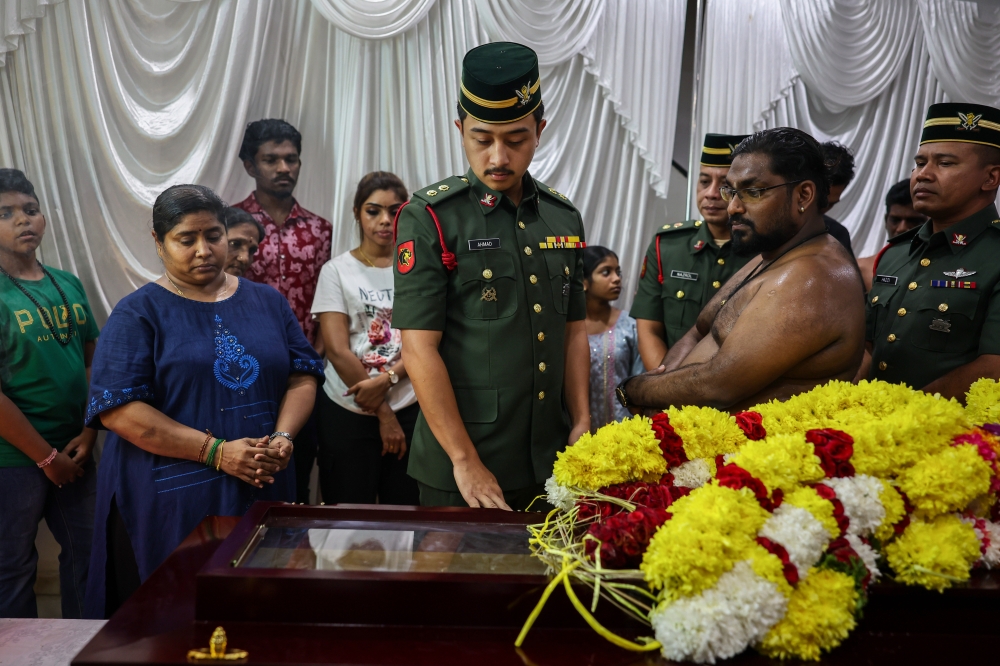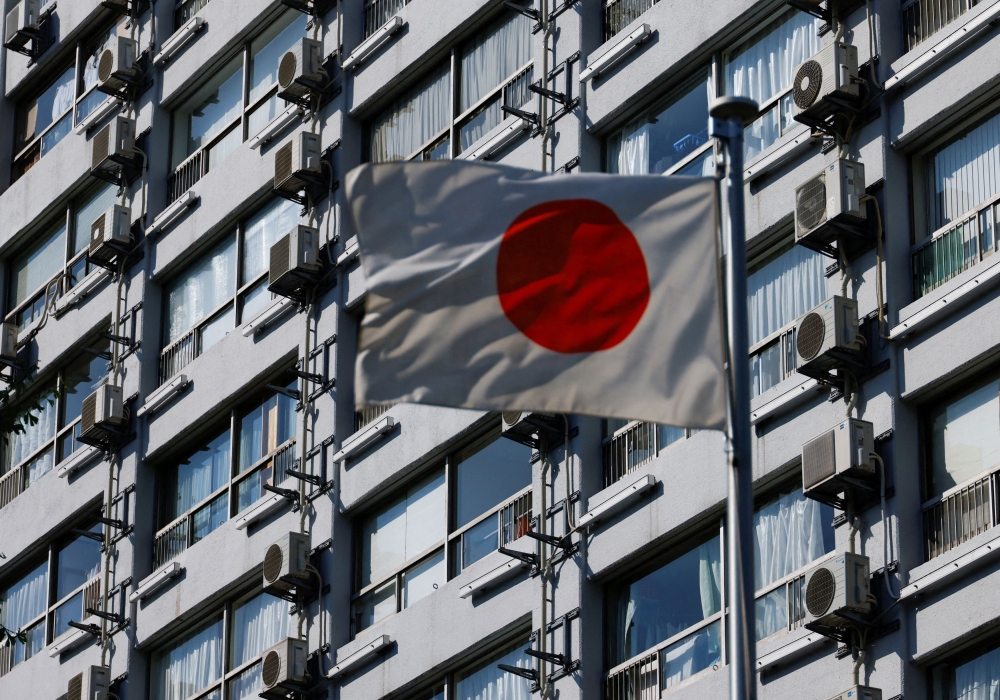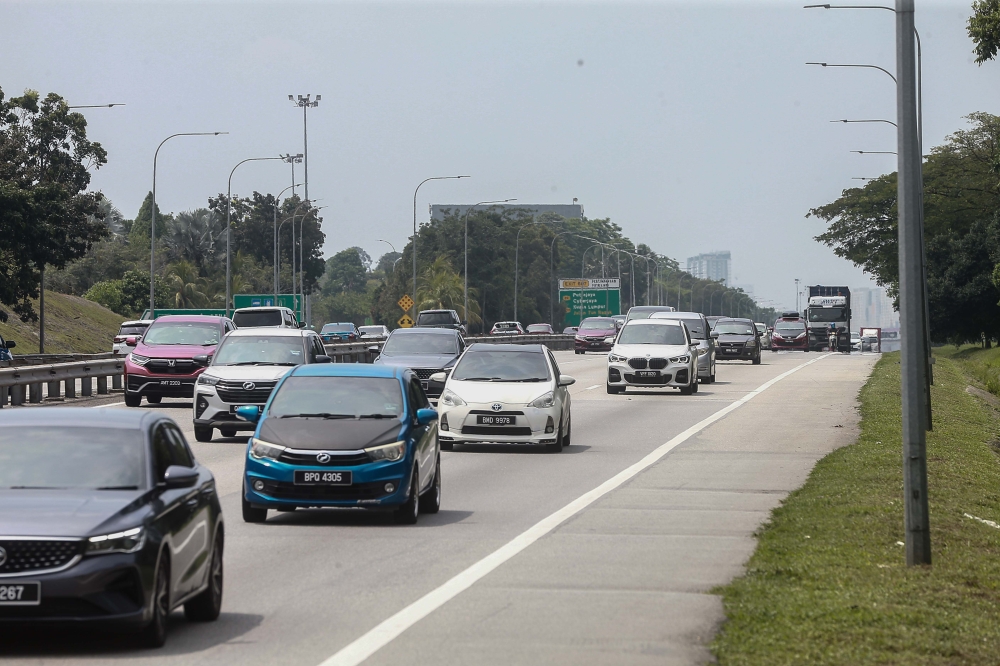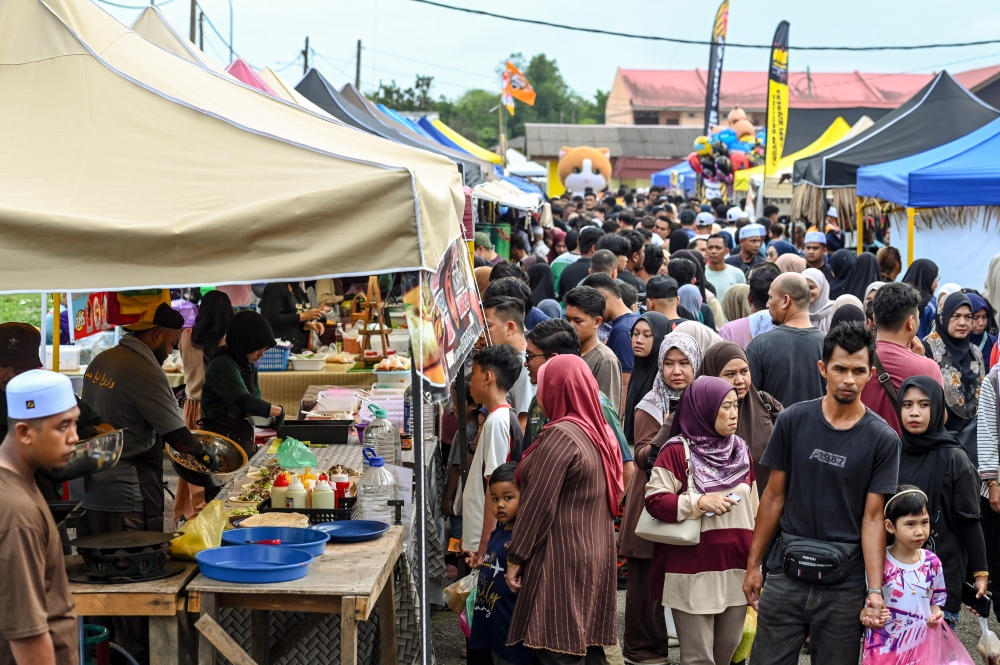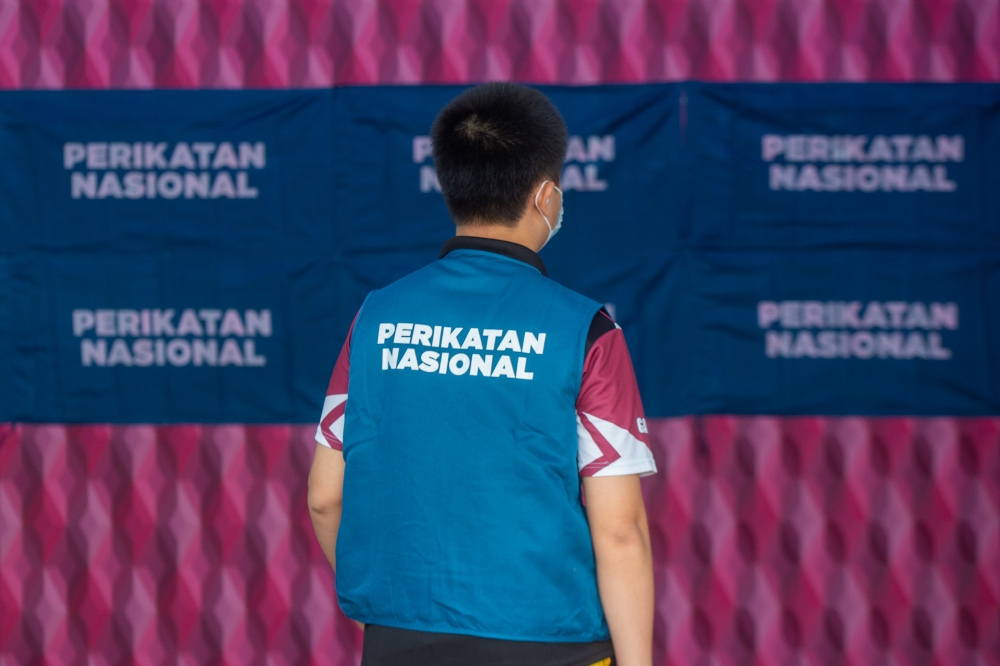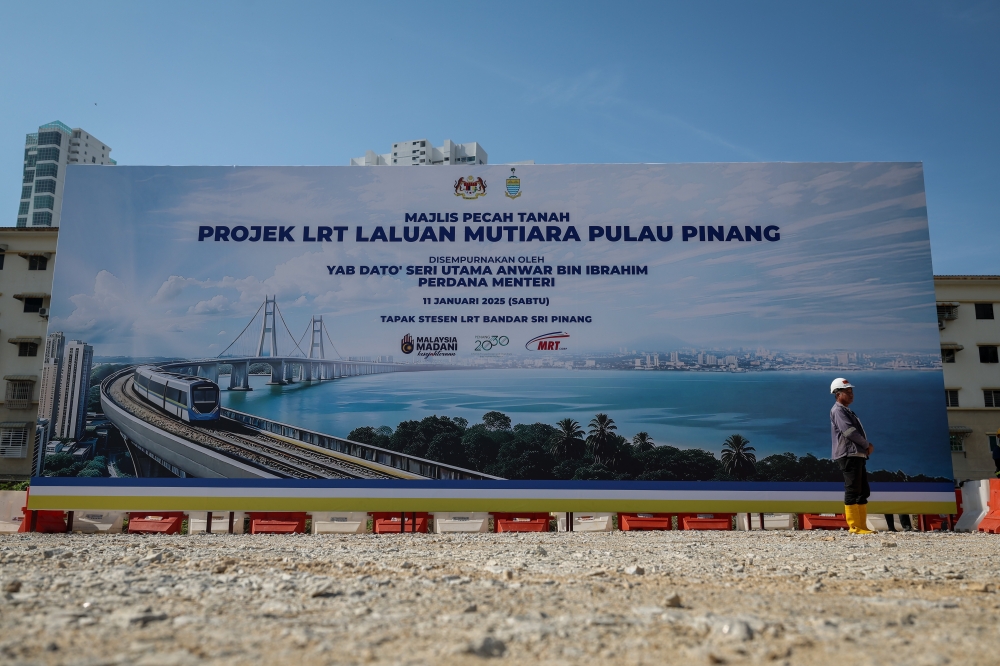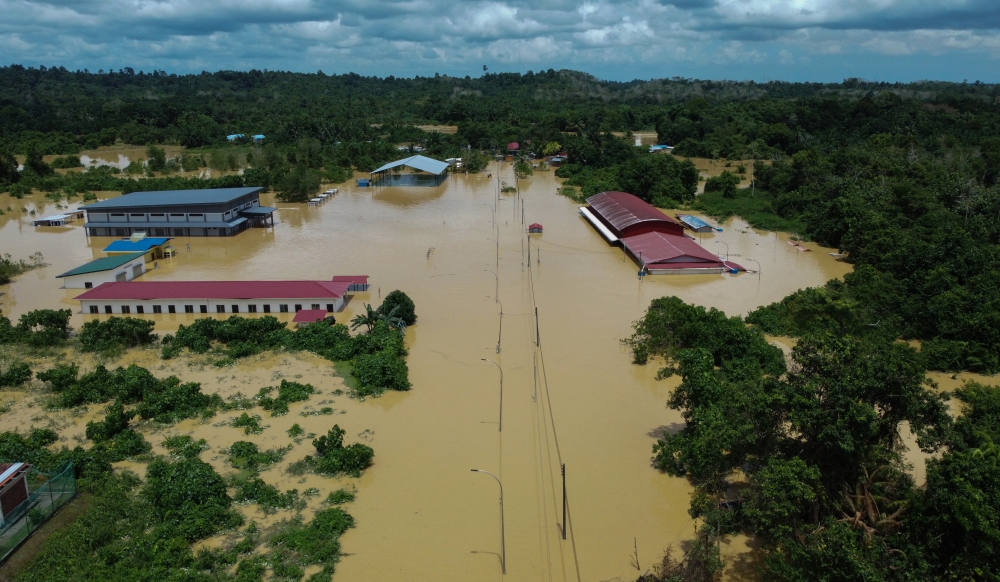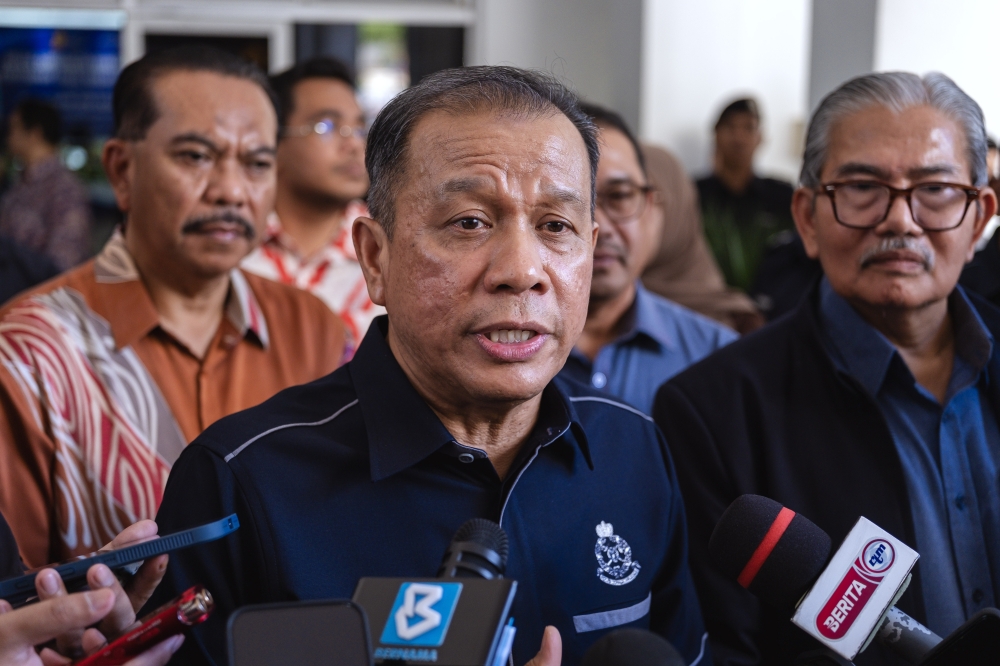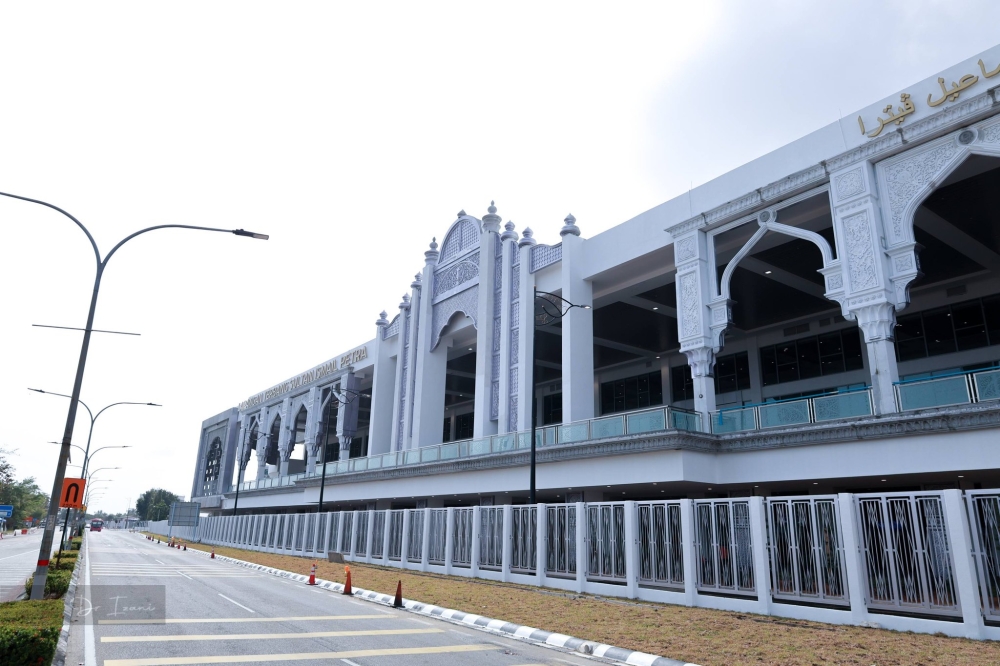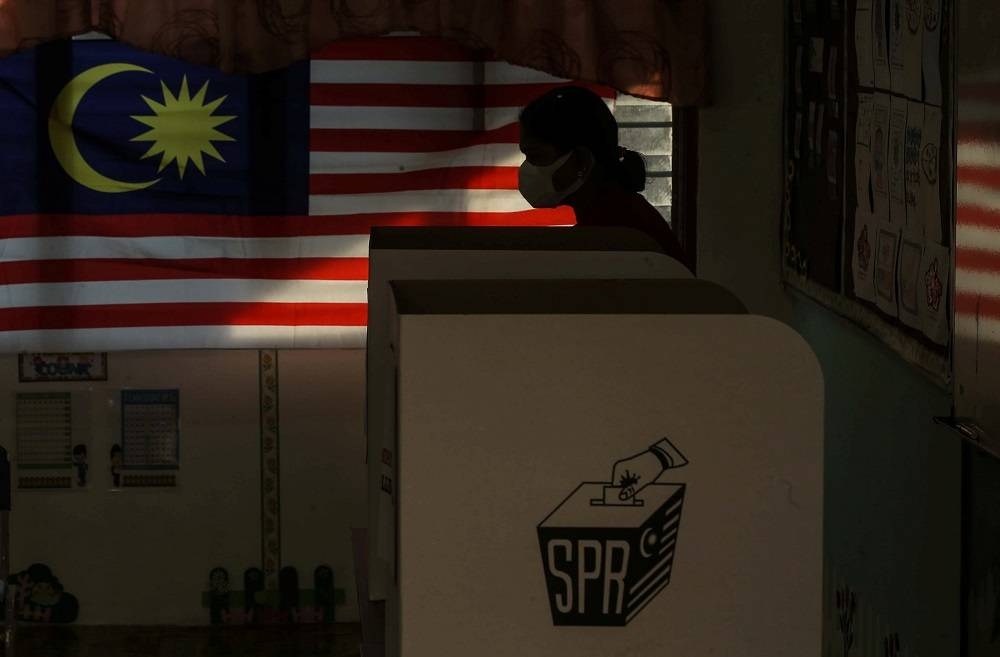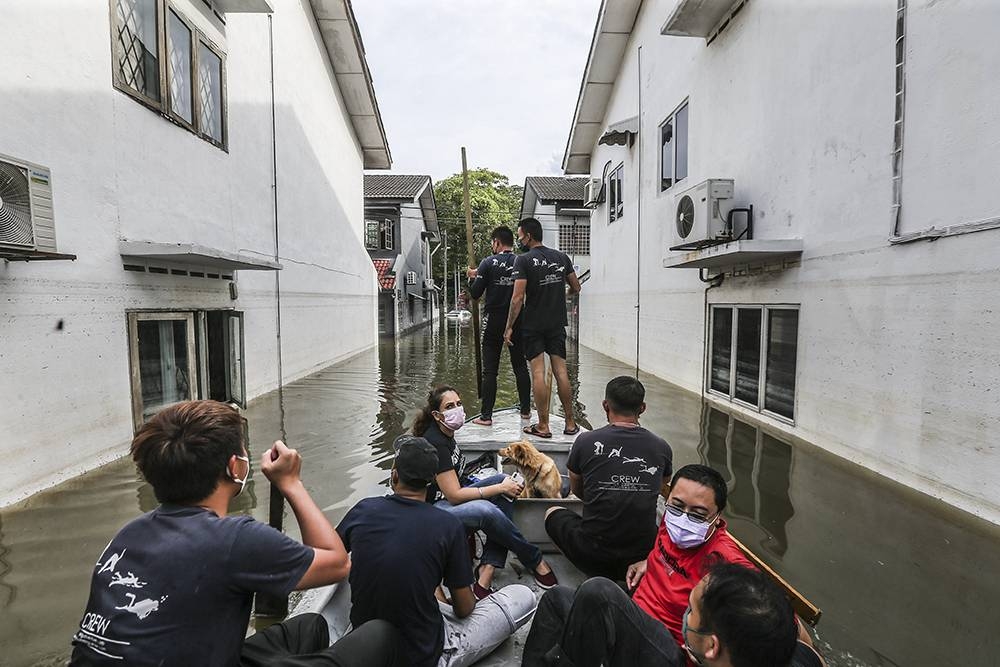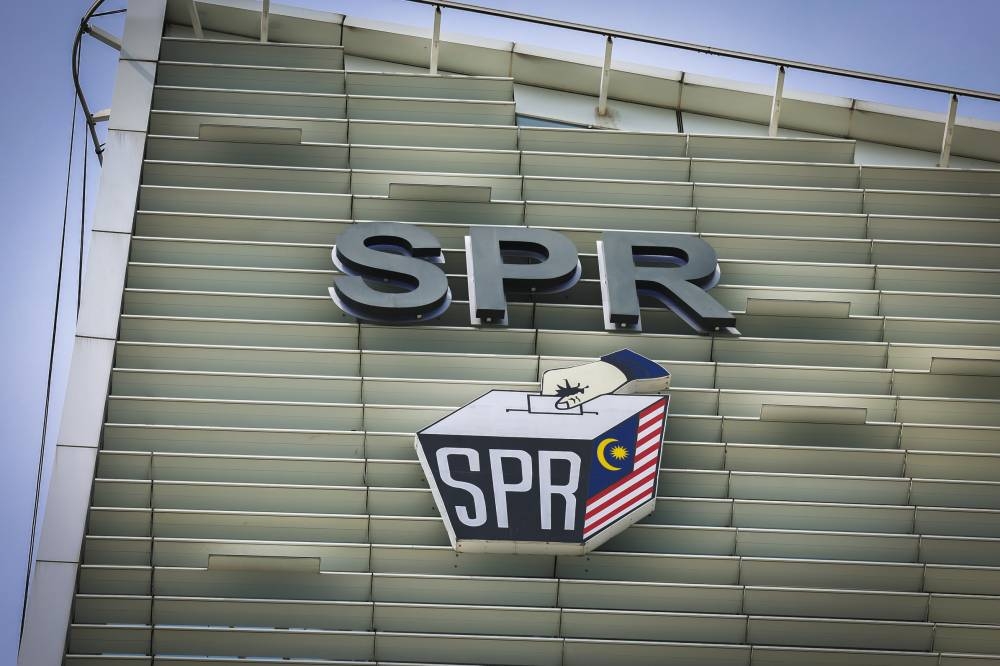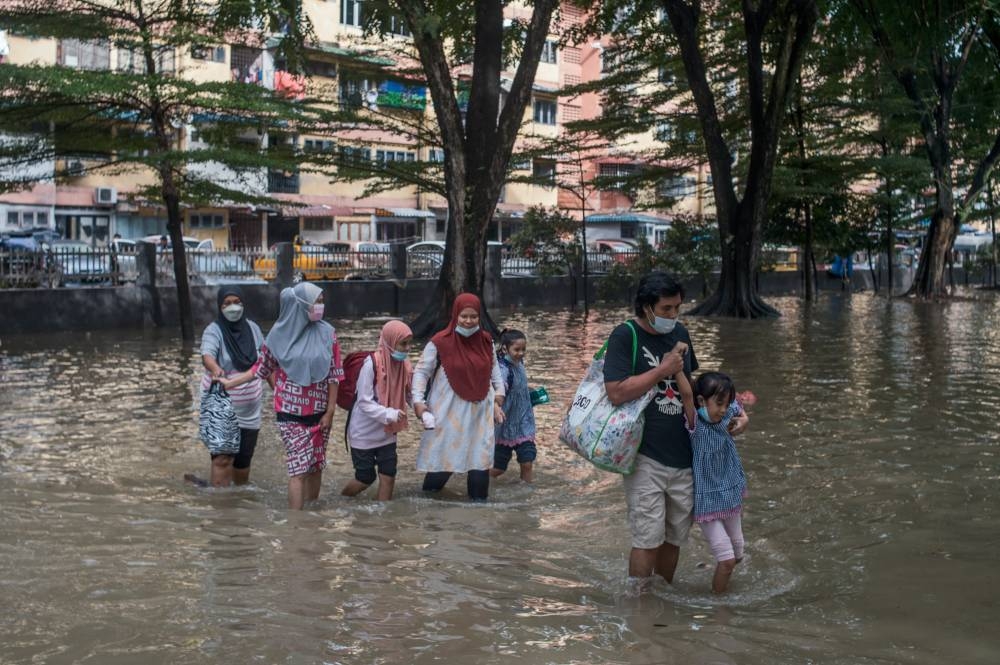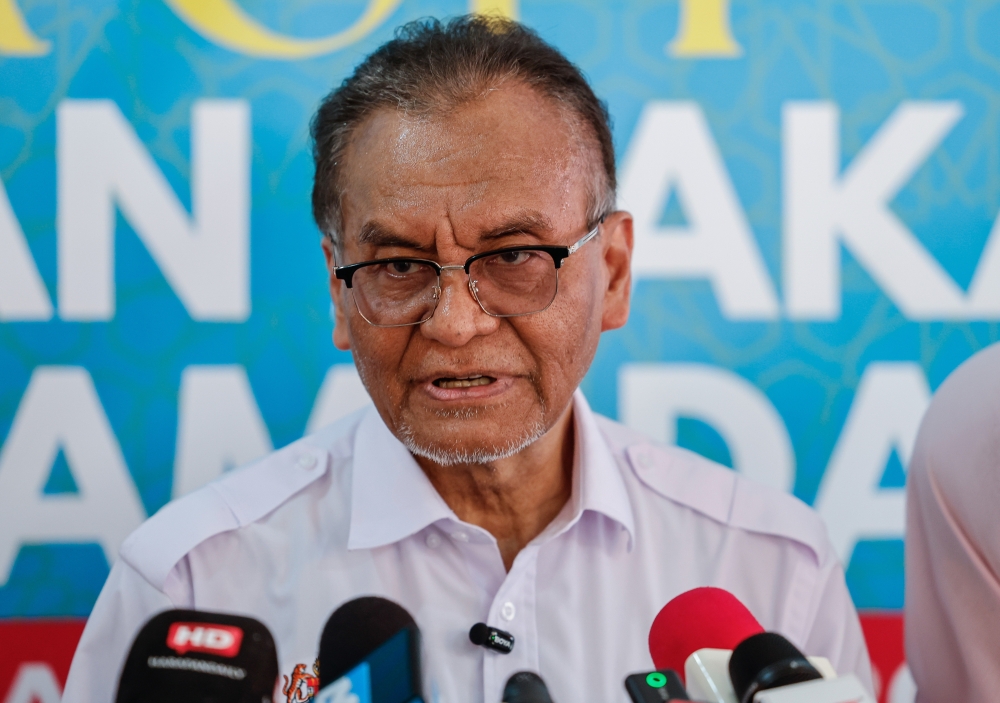KUALA LUMPUR, Oct 20 — In the face of the political uncertainty of the last four years, the spotlight is now on the voting trends in next month’s general election.
Set to be even more challenging than the last general election — labelled by some as the “mother of all elections” — many observers are looking at the 15th general election (GE15) as the best platform to return the mandate to the people to choose the leaders they have confidence in.
Following the outcome of GE14 on May 9, 2018, Pakatan Harapan (PH) took over the reins of government, ending the Barisan Nasional’s (BN) 60-year reign.
But the winds of change and calls for reforms in the nation’s administration only ended up rocking the political arena, to the extent of three prime ministers having to be appointed in a span of three years — a first in the nation’s history. During the same period, 12 by-elections and four state elections were also held.
In calling for a snap general election, the caretaker government hopes to restore political and economic stability and this time around, the winds of change influencing voting trends will determine which coalition’s colours will fly high in Putrajaya.
Choose wisely
Commenting on this, political analyst Datuk Dr Jeniri Amir said having witnessed the developments in Malaysia’s political landscape over the last four years, its electors have grown more mature and wiser and saw for themselves which party was more efficient at addressing the pressing issues facing the nation.
Pointing out that the current political situation is clearly different from the circumstances that revolved around the last general election, he said in the run-up to GE14, the opposition managed to win support by leveraging certain outstanding issues that caused the downfall of the largest BN component party Umno.
“If we were to observe what happened in GE14, it was obvious the voters wanted a change, so that’s why they elected PH. At that time there were big issues including the 1MDB case which implicated (a) BN leader... resulting in a deficit of trust for that party (Umno).
“However, during this general election, I feel our voters will choose more wisely... they have already experienced PH’s administration and they can also evaluate how the three prime ministers from different parties had performed.
“Based on their evaluation of the strengths and weaknesses of the parties concerned, the people will know which party deserves to lead the nation,” he told Bernama.
In GE14, PH — comprising PKR, DAP, Parti Amanah Negara (Amanah) and Parti Pribumi Bersatu Malaysia (Bersatu) — won with a simple majority of 113 seats.
Tun Dr Mahathir Mohamad, who was Bersatu chairman then, was appointed Malaysia’s seventh prime minister but resigned on Feb 24, 2020, paving the way for Bersatu president Tan Sri Muhyiddin Yassin to become the eighth prime minister on March 1, 2020.
On Aug 16, 2021, Muhyiddin stepped down to allow the then deputy prime minister and Umno vice-president Ismail Sabri Yaacob to take over as prime minister.
Jeniri also said that the implementation of the anti-hopping law — Constitution Act (Amendment) (No. 3) 2022 — which prohibits the defection of elected representatives will give voters the confidence to elect the candidates they think are most qualified.
“There’s no excuse for anyone among the nation’s 21 million voters to abstain from voting thinking that the candidate they vote for may jump to another party (later on). (This will not happen as) the anti-hopping law has already been enforced,” said Jeniri, who expects a voter turnout rate of over 88 percent this time, compared to GE14’s 82.32 percent.
Young voters
Jeniri, who is a senior fellow of the National Professors Council, added that the choice of young voters, especially the first-timers, will have an impact on the results of this election.
“The young voters look at the election as the best platform for them to elect the next government.
“The 18-year-olds will be voting for the first time and they will represent the voice of the youth. I’m sure they will not miss out on voting as they want their voice to be heard and want the government to implement policies that focus on them,” he said.
Universiti Putra Malaysia Faculty of Human Ecology senior lecturer Associate Prof Dr Mohd Izani Mohd Zain urged young and new voters to fulfil their democratic right.
He, however, does not see any issue triggering the new voters, including the 18-year-olds, to make a beeline for the polling booth come election day.
“I feel there’s no need for them to wait for an issue to crop up in order to fulfill their responsibility. If they are in their comfort zone, they can opt for no change.
“As for the 18-year-olds, many of them are probably university or college students, hence they can think better and can determine who is qualified to govern the nation,” he said.
The Federal Constitution was amended in 2019 to lower the voting age to 18 from 21, adding about 7.8 million new electors to the electoral rolls. The 18-year-olds comprise 3.8 million of the new electors.
Realistic
Mohd Izani also said that he expects voters to have a more realistic perception of the election promises to be made during the upcoming campaign period.
“I expect the people to be more wary and rational because previously there were political parties that failed to fulfill (the pledges outlined in) their manifesto.
“Some populist-oriented parties made all kinds of sweet promises, especially to youths, even though they themselves knew it was difficult to fulfill them... I feel there is no need to play up sentiments. Don’t try too hard only to be considered a fraud by the voters. Voters these days are probably no longer being driven by emotions, like what happened in the last general election. This time, they (voters) will be more rational,” he added. — Bernama

